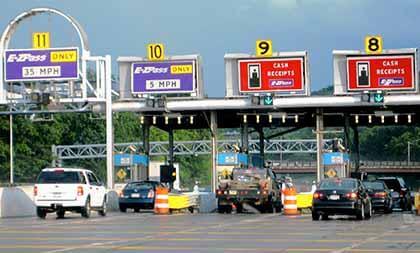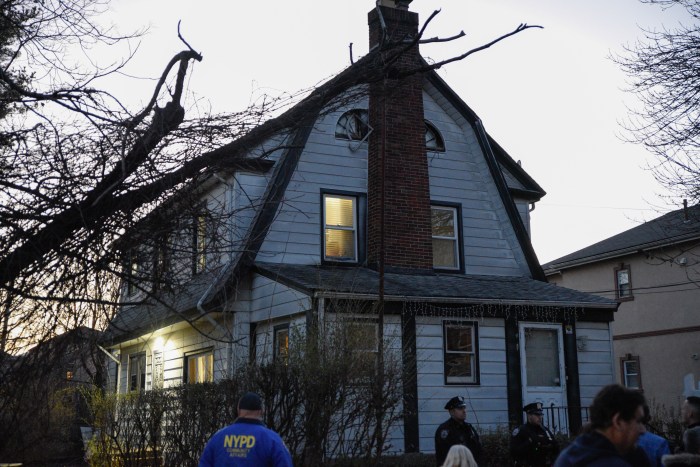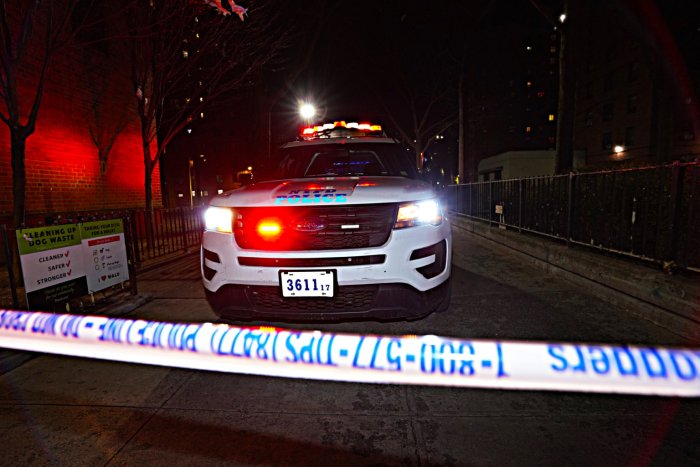By Philip Newman
State Comptroller Thomas DiNapoli said the MTA’s dire financial plight is the result of “years of undisciplined bloat and inefficiency” and the agency must change the way it does business.
In reply, the Metropolitan Transportation Authority said, “We are effectively implementing the largest cost-cutting initiative in the history of the MTA, exemplified by today’s [Monday’s] announcement that we are on track to reduce overtime by $54 million in 2010, far exceeding original projections. There are always external threats to our budget, but there should be no question on our commitment to meeting our internal cost-reduction targets.”
DiNapoli’s report said fare increases and service reductions account for 57 percent of the MTA’s gap-closing program and many of the proposed management initiatives to improve worker productivity and reduce costs still need to be put into effect.
The MTA raised fares and tolls by 10 percent in July 2009 and plans to increase both by 15 percent over the next three years.
“We’re seeing the effect of the recession and years of undisciplined bloat and inefficiency,” DiNapoli said. “The MTA’s current administration is working to close its budget gap, but commuters and taxpayers are demanding results. The MTA needs to change the way it does business. Repeated fare hikes and service cuts cannot change a culture of complacency.”
The comptroller said his office had found that the MTA had rolled up more than $296 million in waste and lost savings in just the last year. He also pointed out that his office has launched a forensic audit of the agency’s $600 million overtime budget.
“These are tax dollars,” he said. “Inefficiency and complacency just don’t cut it.”
The MTA faces a budget gap of more than $1 billion next year, which could more than double to $2.1 billion by 2014 “unless the MTA begins to drive more efficiencies in the way it does business,” the DiNapoli report said.
DiNapoli said the impact of future fare hikes on commuters would be even greater if the two-year expansion of the federal tax break for mass transit is allowed to expire this coming Dec. 31.
Reach contributing writer Philip Newman by e-mail at timesledgernews@cnglocal.com or phone at 718-260-4536.

































